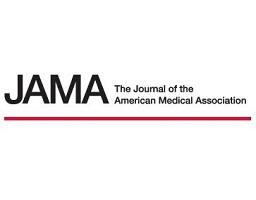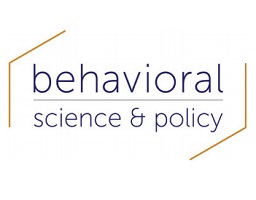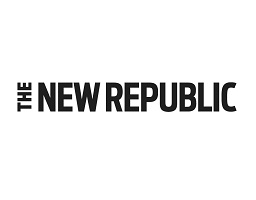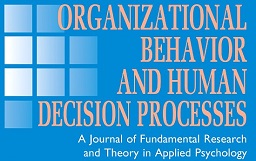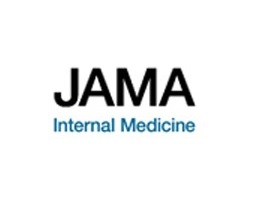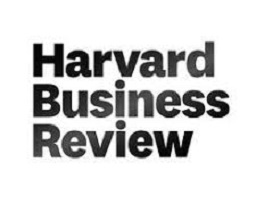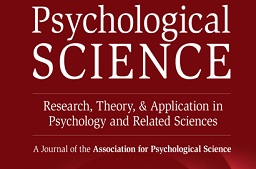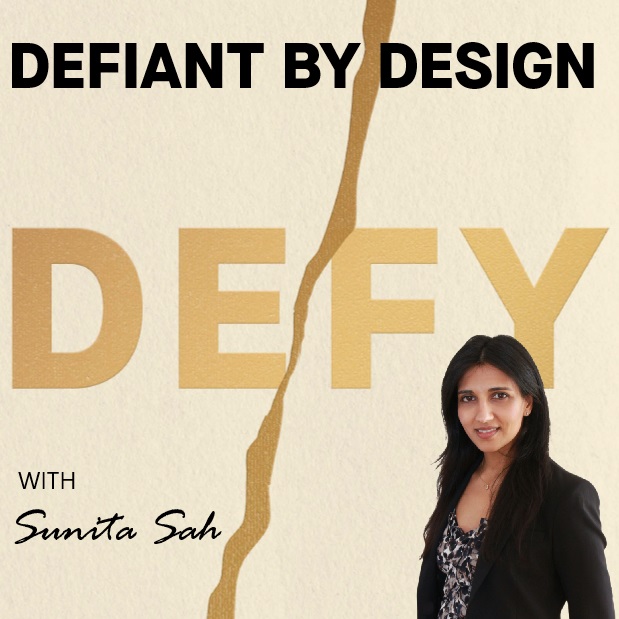Association Between Academic Medical Center Pharmaceutical Detailing Policies and Physician Prescribing
This paper investigates the question: “How did physician prescribing behavior change after US academic medical centers implemented policies that limited pharmaceutical salesperson detailing?” Abstract Importance In an effort to regulate physician conflicts of interest, some US academic medical centers (AMCs) enacted policies restricting pharmaceutical representative sales visits to physicians (known as detailing) between 2006 […]
